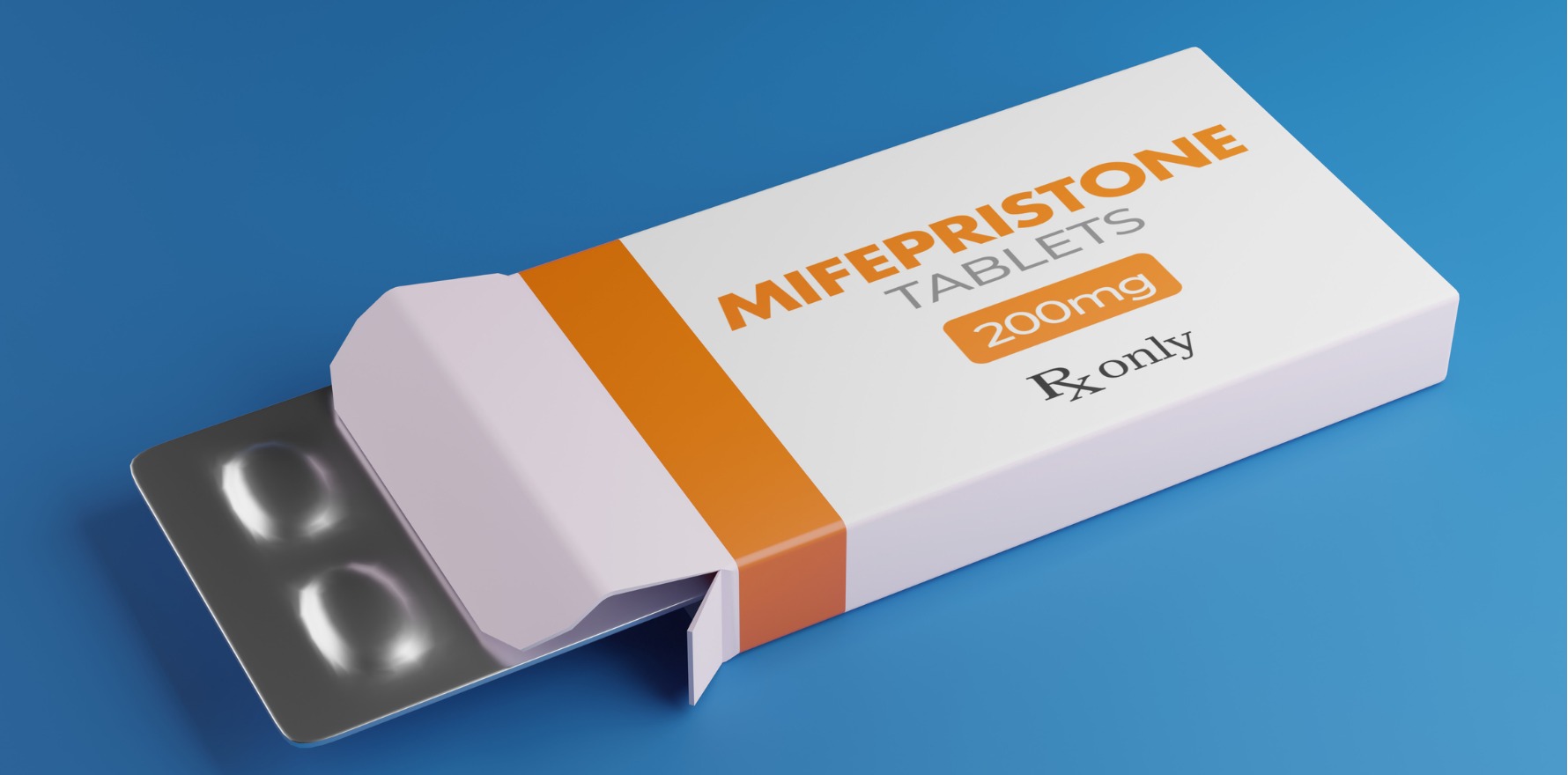One small hitch: the LNP would have to win at next month’s election.
The Queensland opposition has seemingly committed to a full exemption on GP clinics paying payroll tax amid radio silence on allied health scope expansion, as the state hurtles toward a 26 October election.
Despite being one of the more proactive states to work with GPs on payroll tax – being the first to introduce an amnesty and the only one to release detailed rulings – Queensland AMA and RACGP representatives are urging the government to go even further.
Earlier this week, former LNP Queensland leader and member for Nanango Deb Frecklington moved to repeal said rulings with the intent of effectively taking payroll tax back to pre-Thomas and Naaz settings.
As Labor members were quick to point out, repealing the rulings would only remove protections for GPs without taking the threat of the tax away.
LNP Scenic Rim representative Jon Krause then appeared to promise that the Coalition planned to comprehensively exempt general practice from paying payroll tax if it won the upcoming election.
“There is a simple solution: not tax our GPs,” he said.
“Change the rules when it comes to payroll tax: exempt GPs.
“Get rid of the patient tax and take the burden off Queenslanders who are already suffering enough in the cost-of-living crisis … the best way to do that is to show Labor the door in October 2024.”
Queensland Labor, which has been in office since 2015, has been behind in the polls since mid-2023; the latest polling by the Brisbane Times predicted 44% of the primary vote going to the LNP and just 23% to Labor.
AMA Queensland immediate past president Dr Maria Boulton said it was “clear the LNP recognises taxing general practices will worsen ambulance ramping and emergency department wait times” and that the organisation supported its solution of exempting GPs from payroll tax entirely.
Dr Boulton told The Medical Republic that while the public tax rulings had been helpful, it would take time and money for practices to change payment flows.
“On one side, you have this patient tax and on the other side with the public ruling, you have these costly administrative changes,” she said.
“No matter which way you look at it, it’s going to be a costly affair for patients, because practices just can’t absorb those costs.
“In order to eliminate the uncertainty and ensure that patients are supported to go to their GP and get fabulous preventive and care, the best way forward is to ensure that there is an exemption from this patient tax.”
The AMAQ is now calling on Labor to commit to a full exemption on contractor GP payroll tax ahead of the election.
RACGP Queensland chair Dr Cath Hester told TMR that the college supports any policy that would assist GPs to “get on and do their job”, even though a payroll tax exemption was not part of its official election platform.
“I worry that general practices will close [because of payroll tax], and I worry that the cost of accessing healthcare will increase for patients,” she said.
“So any support that we can garner from an [LNP-led] government or from a [Labor] government in terms of giving GPs relief and a complete exemption from payroll tax would be very well received.”
The royal college’s official platform covers three broad policy areas: growing the workforce, listening to GP input on healthcare reforms and cutting red tape for access to essential treatments.
This last includes amending the Medicines and Poisons Act 2019 to allow GPs to prescribe medicines for ADHD.
Amending the Act – at least temporarily – is something the government has already done to allow pharmacists participating in scope of practice trials.
“This is low-hanging fruit for a state government to actually free up a lot of healthcare access for patients across Queensland,” Dr Hester said.
Related
If the government properly involved doctors in decision making processes, the Karana Downs GP said, it would be able to ensure that any reforms it made were targeted to achieve good outcomes for patients.
“In recent years we’ve seen governments reach for quick fixes for healthcare system pressure, but we’re not interested in that,” said Dr Hester.
“We want sustainable solutions – we don’t want solutions that potentially make workforce shortages worse or increase the cost of providing healthcare.
“We definitely don’t want to see interventions that result in dangerous fragmentation of patient care.”
Queensland was the first state to introduce pharmacist-led prescribing for UTIs, followed by an expanded trial which included up to 22 conditions.
It’s also one of the only states to employ physician assistants in its public hospital; a role that could potentially be expanding in the near future.
Neither of the major parties have a clear policy platform on scope expansion.
All the LNP said is that it would “empower Queensland’s frontline clinical staff to make the best decisions for the regions they serve” and fund “new and innovative ways of delivering healthcare”.
Labor, on the other hand, said it would continue to back its pharmacy program even though “this common-sense approach is not supported by the LNP”.




